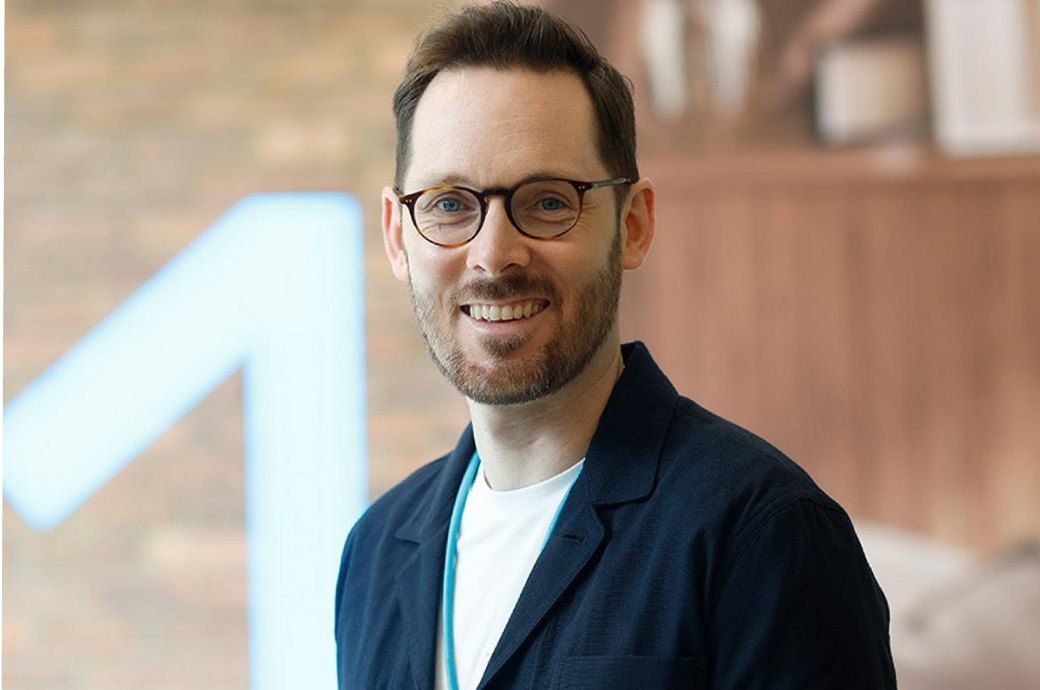It’s not easy to track the many donations FPL makes over the course of a campaign. According to a 2018 report from watchdog group Integrity Florida, the state’s four largest energy companies use more than a dozen PACs and CCEs to back candidates. FPL’s parent company doesn’t even make the list, though it was the PAC that donated $10,000 to Bradley’s Women Building the Future PAC just two days after she conferred with FPL lobbyists on the proposed bill. Obscuring donations through multiple groups makes it that much harder to track where energy companies are looking to exert influence.
Even worse, the Miami Herald found that FPL engages in a practice of donating millions to groups that then transfer those funds to anonymous donors, making it nearly impossible to track where all that money’s going. Past legislation has been proposed to stop such practices but hasn’t made it very far. A Florida House bill proposed in 2017 didn’t make it past an oversight committee, while a similar bill introduced in the Senate died in the ethics and elections committee.
On top of its shady dealings, FPL isn’t even backing something that Florida voters want to begin with. Florida is one of 47 states that offers net metering. Florida’s solar industry is the second-largest in the country, providing jobs for more than 11,000 people directly and 31,000 indirectly. A recent poll from Conservative Energy Network found that an overwhelming amount of voters—70%, in fact—support prioritizing clean energy across the nation with a particular focus on solar power. FPL doesn’t care about the people it serves; it’s more afraid of shrinking profits. The company believes it and other utility companies could lose around $700 million between 2019 and 2025. Were this legislation to pass in the Florida House and Senate, all of Florida’s progress in the solar sector could seemingly disappear.
“If this bill passes as it is, it has the potential to send Florida back to 2013,’’ Justin Vandenbroeck, who oversees the Florida Solar Energy Industries Association and owns his own solar installation company, told the Miami Herald, “as if the advances of the last 10 years didn’t happen.”

:max_bytes(150000):strip_icc()/Health-GettyImages-2187328842-0ff87870ab884e108a5b113dc29a37ef.jpg)



